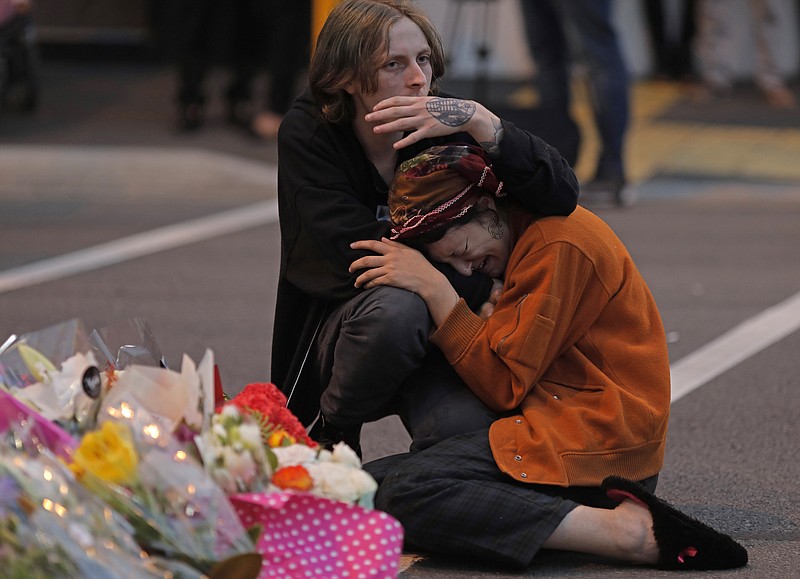It's about as easy to buy a gun in the United States as it is to buy one in Yemen - a country torn by a civil war aggravated by Saudi-led and until recently U.S.-backed airstrikes under the guise of intervening to bring peace.
To buy a gun in Yemen, where the health care system has collapsed and at least 8.4 million people are at risk of starvation, you just need to go to a gun market or find a seller online and buy one.
To buy a gun in the United States, you must pass an "instant" background check that is supposed to consider criminal convictions, domestic violence and immigration status. That is - if you're buying from a gun dealer. If you're buying from a private seller, the background check is not required. You might as well be in Yemen.
Yemen has the second-highest gun ownership rate in the world, after the United States. Although Yemeni law states that buyers must obtain guns from licensed dealers and register with the authorities, the law is largely unenforced.
Then there is New Zealand, which last week became the newest place on a growing list of domestic terror attacks after a 28-year-old self-professed white nationalist killed 50 Muslim worshipers and wounded 50 more in two mosques in Christchurch. The gunman is in custody.
Even before that mass shooting, New Zealanders had to pass a background check that considers criminal, medical, mental health and domestic violence records; provide character references; wait for authorities to interview or advise, in person, your partner or next of kin; pass a home security inspection that checks for proper firearm storage; take a gun safety course; wait for approval for a firearms license, which could take weeks or months; then buy a gun.
Less than a week after the massacre, New Zealand's prime minister announced a national ban on all military-style semiautomatic weapons - the seeming guns of choice for mass killers.
But American leadership just looks away, even though, according to gunviolencearchive.org, the United States has been the scene of 62 mass shootings in 2019 alone and an astonishing 1,988 since the December 2012 Sandy Hook Elementary School shooting in Newtown, Connecticut, where 20 children, six adults and the shooter died. Mass shootings are defined as those in which four or more people, excluding the shooter, were shot but not necessarily killed.
In America, calls for any tightening of gun rules - let alone the banning of semiautomatic weapons - largely falls on deaf ears in our state houses, our Congress and our White House. Our leaders, instead, tweet their "thoughts and prayers."
That makes for lots of thoughts and prayers for 2,278 dead men, women and children, along with another 8,267 people wounded.
The U.S. has the weakest gun laws in the developed world, and as shocking as our mass shootings are - nearly one a day - they are responsible for only a small portion of all U.S. gun deaths. In 2017, according to the CDC, 39,773 people died of gun-related injuries. It was the the largest yearly total on record for the 50 years of cataloging.
As for mass shooting casualties? They've gone up yearly, too: 961 killed or wounded in 2013, 1,079 killed or wounded in 2014, 1,337 killed or wounded in 2015, 1,538 killed or wounded in 2016, 1,803 killed or wounded in 2017.
We were quick in February to congratulate ourselves on the fact that our House of Representatives, newly a majority Democratic group, had for the first time in decades passed a universal background checks bill that would close the gun-show and online sales loopholes that let Americans buy guns with no review. But in the weeks since, Republican leaders in the Senate have stalled a similar bill there, and President Donald Trump quickly threatened a veto.
That's the case despite an early-March Quinnipiac poll finding that 92 percent of Americans support background checks for all buyers. Americans get it. They see carnage and want common-sense gun safety laws.
In that Quinnipiac poll, 95 percent of Democrats, 94 percent of independents and 89 percent of Republicans supported universal background checks.
The House of Representatives - many of its newest members campaigned on supporting gun safety laws - gets it.
It's time now for us to make our senators and president get it, too.
